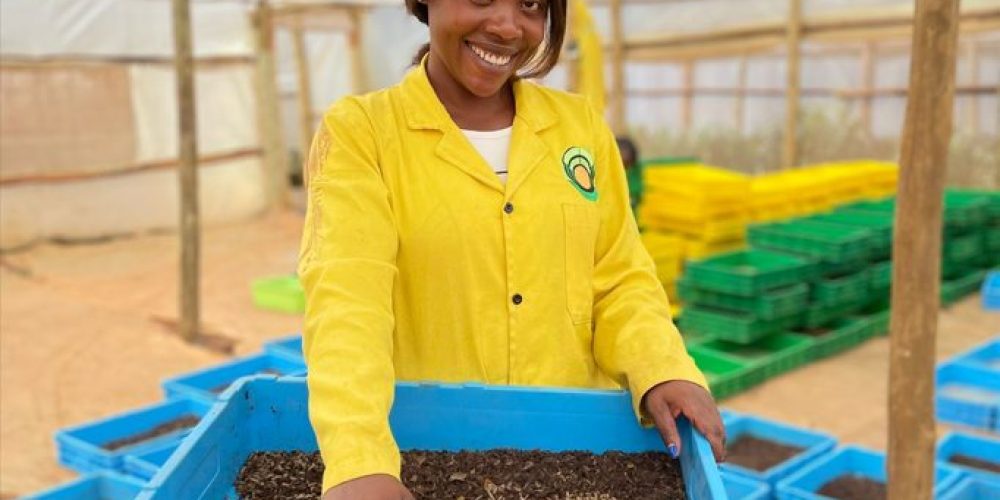It won’t come as a surprise to anyone, sustainability is an important topic in society, so too at Hanze. In recent years, many initiatives have been set up to be more sustainable as a university. For instance, it was recently decided to move away from disposable plastic in all Hanze University canteens and switch to more sustainable alternatives.
The question remains, of course, how we can start shaping sustainability in education itself. The Hanze East Africa Hub is a good example of a sustainable education initiative. At the Hanze East Africa Hub, students can gain international experience without travelling to faraway places that cause a bad carbon footprint. Moreover, sustainability plays an important role in the assignments the students work on. This Hanze University initiative is unique as no other colleges or universities have a similar hub.
This academic year, more than 100 students from Hanze University and about 25 students from East Africa are working on sustainable and international projects in the HEAH. For example, architecture students worked on the first energy-neutral housing estate in Iringa, Tanzania, and communication and multimedia students developed a campaign to raise awareness of this housing estate. Business administration and IBS students promote the use of the E-bike in Eldoret, Kenya and work on more sustainable alternatives for transporting flowers.
Mechanical engineering students are working on a drying system for the Black Soldier Fly, an insect that converts GFT waste into fertile compost and animal feed. Finance students work on expanding sustainable refrigeration and storage of agricultural products in Tanzania to prevent much of the harvest from going to waste. Game design students are developing an app for Amref International so that physiotherapists in Kenya can come to patients instead of receiving them at the clinic.
The Hanze East Africa Hub aims to double the number of students next school year to facilitate even more sustainable, international projects.
